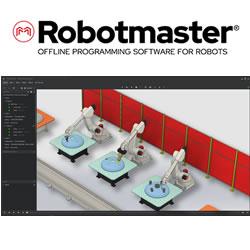Production of solar panels - better and more cost-efficient
Reis Robotics presents the latest developments for quality assurance and cost savings in new and existing fully automated production lines for solar modules.
Reis Robotics will once again demonstrate their quality and cost reduction capability. Reis Robotics is a company known worldwide for its reliability in the field of automated production of solar panels. Since 2005 renowned solar panel manufacturers worldwide have been relying on both flexible and standardized module assembly systems of this supplier from the Frankfurt area. Meanwhile more than 130 installed Reis automated systems are producing solar modules for more than 6 GW annually of additional solar power.
Reis knows every necessary production process step of solar panels because the company itself helped developing them on the basis of their automation and handling know-how. As a result, every customer will get an individual solution based on standards with best possible price/performance ratio.
So, single production cells are provided as well as complete production lines - from project planning to commissioning. At customer's request the options include manual, semi-automatic or fully automatic production systems for crystalline silicon, thin film, and solar thermal module production. Eight subsidiaries worldwide ensure constant high integration results, after sales service and customer service.
Reis Robotics on the PVSEC in Frankfurt in hall 3.0, booth E7
Featured Product

